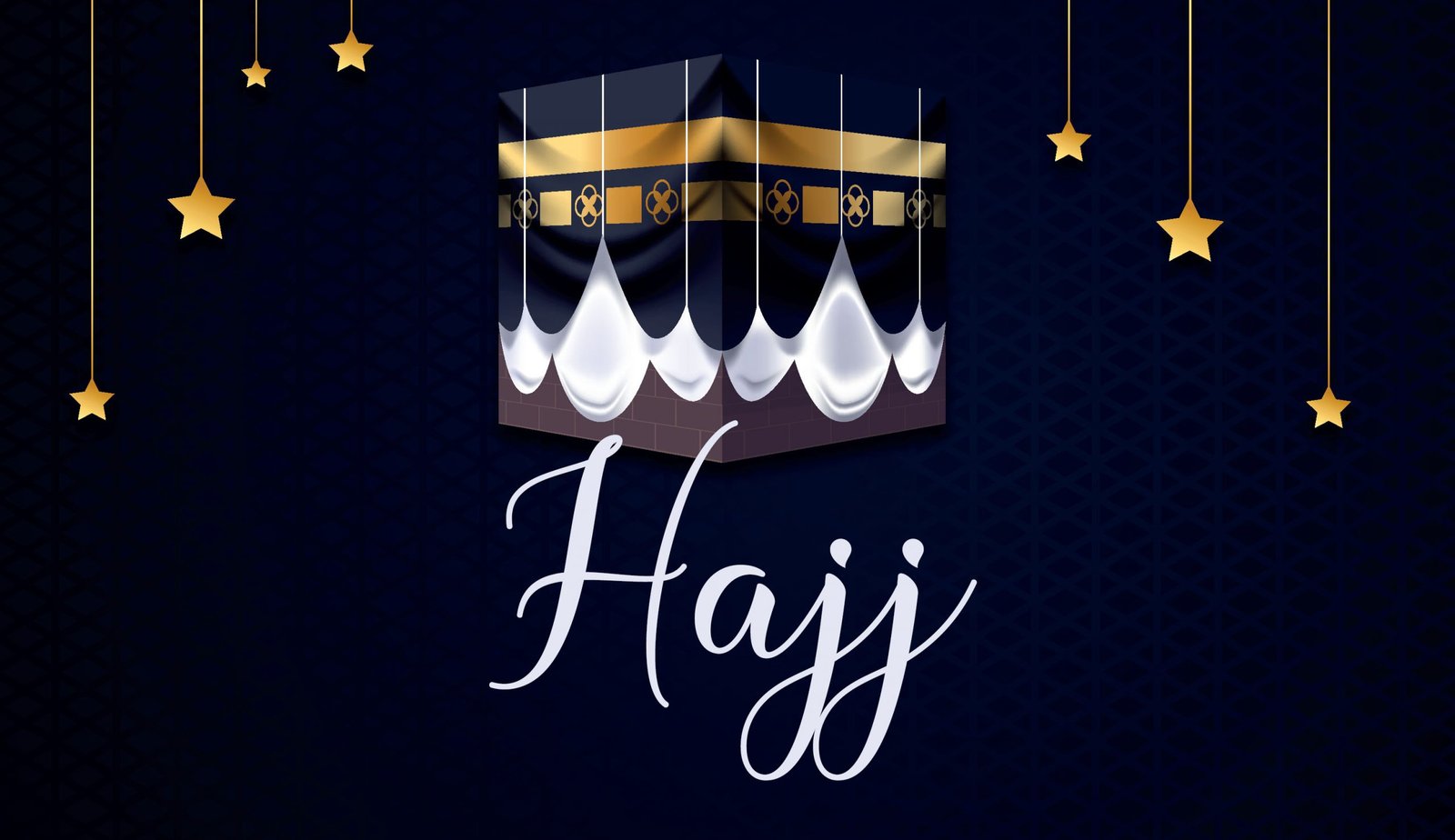Questions on Hajj and Umrah

Bismillahi-r-Rahmani-r-Rahim
Al-hamdu lil-lah was-salatu was-salamu ^ala Rasulil-lah wa ^ala Alihi wasahbihi wa sallam
218.Question: Who is obligated to perform al-Hajj and al-^Umrah?
Answer: To perform al-Hajj and al-^Umrah once in one’s lifetime is an obligation upon the free, accountable, and able Muslim. In terms of financial ability, the person affords the expenses of going to Hajj and coming back home. This affordability has to be in excess of one’s debt, befitting lodging and clothing. Also counted under these expenses, the expenses for supporting, throughout the time from one’s departure until one’s return, the basic needs of those whom one supports.
219.Question: What are the requisites of Hajj?
Answer: The integrals of Hajj are six. The first is the intention. He says in his heart, for example: I now intend al-Hajj and go into the state of Ihram for the sake of Allah ta^ala. The second is to be at ^Arafah during a certain time. The third is circulating around the Ka^bah. The fourth is to walk between as-Safa and al-Marwah. The fifth is shaving the head or cutting the hair. The last is to do these requisites according to a certain order.
220.Question: What is the due time to be at ^Arafah?
Answer: The due time for being at ^Arafah lasts from the Dhuhr time of the 9th day of Dhul-Hijjah up to the dawn of the ^Id day.
221.Question: Is ablution Wudu’ an obligation for circling around the Ka^bah? How would one perform this circumambulation (Tawaf)?
Answer: Ablution is an obligation for circling the Ka^bah. One would make 7 rounds starting at the Black Stone while keeping the Ka^bah to his left shoulder. The obligatory circumambulation has to be performed after being at ^Arafah and after the middle of the night preceding the ^Id has passed.
222.Question: How would one cover the distance between as-Safa and al-Marwah?
Answer: This has to take place after one finishes circling the Ka^bah. One moves from Safa to Marwah and vice versa for seven cycles starting by Safa and ending at Marwah. Wudu’ is not an obligation while performing this.
223.Question: What is the least thing required to fulfill the integral of shaving the head or cutting the hair?
Answer: This integral is fulfilled if one shaves the head , pulls out, burns, or cuts off three hairs within the boundaries of his head.
224.Question: What are the integrals for ^Umrah?
Answer: The integrals for Hajj are the integrals for ^Umrah except being at ^Arafah. The latter is not an integral for ^Umrah.
225.Question: What is prohibited on one who is in Hajj or ^Umrah(Muhrim)?
Answer: Seven things are haram to be performed by the one performing Hajj or ^Umrah . First, to wear perfume. Second, to anoint the head or beard with oil, melted grease or the like. Third, to cut off the nails or hair. Fourth, to perform sexual intercourse or its inviting actions. Fifth, to conduct a marriage contract. Sixth, to hunt an Islamically edible non-domestic animal. Seventh, the man is prohibited from covering his head and from surrounding the body by sewn, felted or the like clothes. In the case of a woman, she is prohibited from covering her face and wearing gloves.
226.Question: In case one does any of the above prohibitions, what does he have to do?
Answer: If one does any of the unlawful things mentioned here, he has sinned and has to fulfill an expiation. The marriage contract is an exception, since one, although sinful for doing it, there is no expiation for that and it is not valid. Sexual intercourse before the first tahallul adds to the above that the Hajj itself is rendered invalid, the invalid Hajj has to be completed and one has to make up that Hajj immediately in the next coming year. The first tahallul occurs when one completes two out of three things: the obligatory tawaf, shaving the head or cutting the hair, or throwing the pebbles at the ^Aqabah site.
227.Question: Mention the requisites of Hajj.
Answer: It is obligated to fulfill the five requisites of Hajj.
– Firstly, to have intention for ihram before crossing the particular zonal boundary.
– Secondly, to stay specific nights in Muzdalifah and Mina according to a saying of Imam ash-Shafi^iyy, but according to another it is not a requisite.
– Thirdly, to throw the pebbles at the site of the three ^Aqabah on the days following the ^Id.
– Fourthly, to throw the pebbles at the three assigned sites on the three days following the ^Id.
– Fifthly, to circle around the Ka^bah before leaving Makkah according to a saying in the Shafi^iyy school.
228.Question: When does the time for throwing the pebbles at the different sites begin ?
Answer: The time for throwing the pebbles at the ^Aqabah site sets in after the middle of the night preceding the ^Id. The times to throw the pebbles at three sites set in when the Dhuhr time starts on the three days of Tashriq.
229.Question: Speak about the judgment pertaining to the hunt of Makkah and Madinah.
Answer: It is unlawful (haram) to hunt in the two specific zones surrounding Makkah and Madinah. It is also unlawful to pick their plants whether or not one is making Hajj or ^Umrah. An expiation is due if one does that in Makkah.
Note on Visiting the Prophet’s Grave:
It is sunnah to visit the grave of the prophet, salla-l-lahu ^alayhi wa sallam, as Imam an-Nawawiy and others said, and as substantiated by consensus Ijma^. This is so because of the saying of the prophet, salla-l-lahu ^alayhi wa sallam:
من زار قبرى وجبت له شفاعتى
which means: “My intercession is due to the one who visits my grave”. (narrated by ad-Daraqutniyy and said to be of a strong hadith by hafidh as-Subkiyy).
